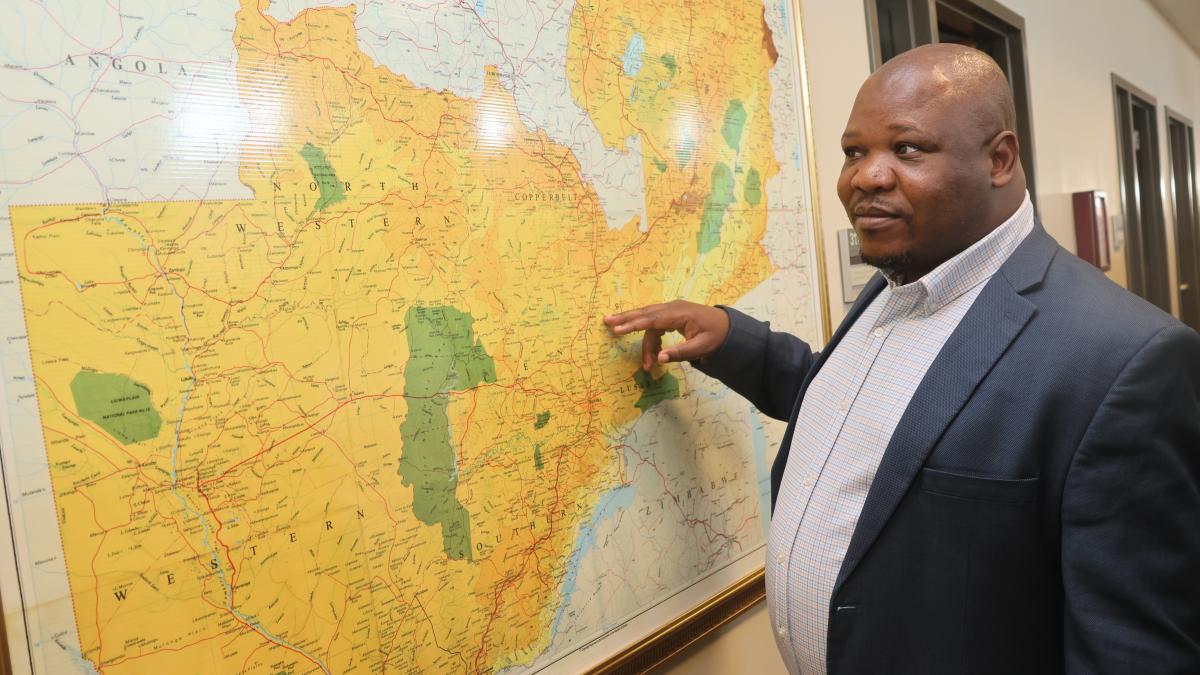Zambia

Country Overview
During the decade prior to 2011, Zambia was one of the world’s fastest growing economies and achieved lower-middle income nation status. Since then, Zambia’s economic development has consistently declined.
Many Zambians still live in extreme poverty and significant challenges hamper the country’s development including limited economic diversification, ongoing dependence on copper mining, degradation of the natural resource base, high unemployment, low agricultural productivity, inadequate road and energy infrastructure, poor education outcomes, and health crises caused by the heavy burden of HIV/AIDS and other diseases.
USAID/Zambia’s 2019–2024 Country Development Cooperation Strategy aims to advance Zambia’s journey to self-reliance and make progress toward the ultimate objective of ending Zambia’s need for development assistance. USAID will partner with the Zambian government, civil society and private sector to advance the country’s self-reliance through more effective development choices and governance, enterprise-driven economic growth, and increased resilience among its vulnerable citizens.
USAID assistance in Zambia focuses on: (1) effective, citizen-responsive governance; (2) rural poverty reduction and sustainable natural resource management; (3) utilization of quality health, water and sanitation, and social protection services; and (4) primary education quality.





